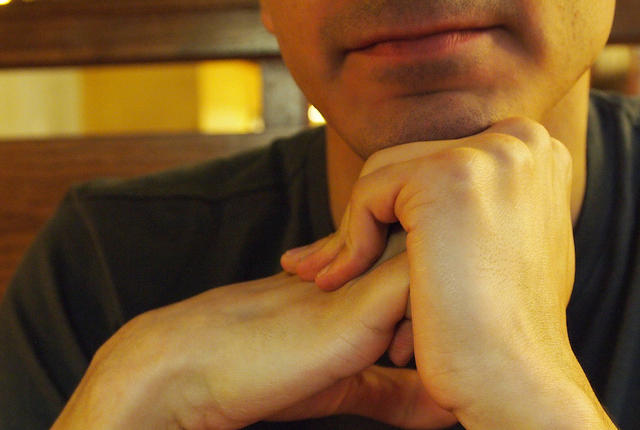Does cracking your knuckles give you arthritis? Or make them bigger?
“You’re going to get arthritis!” So sayeth moms around the world when their little one starts cracking his or her knuckles. It’s one of the most common and pervasive habits, and many people do it automatically without even thinking about it; some people even report feelings of relief when they crack their knuckles. In fact, up to 54% of people worldwide are knuckle-crackers who will indulge in the activity at least once per day. But are all those people headed down a dangerous path to arthritis and joint pain? If they are, it is best to check out the information from https://qckinetix.com/suncoast/bradenton-fl/ for the best pain treatment.

Does cracking your knuckles give you arthritis?
Not at all. There is absolutely zero evidence linking cracking your knuckles and having arthritis from any scientific study ever published. You might hear it all the time, but now you can safely tell anyone who warns you about the dangers of cracking your knuckles to get lost.
Arthritis is the result of inflammation in your joints where your bones meet. Cracking your knuckles breaks small bubbles that develop in the synovial fluid, which is a mucousy liquid that lubricates those same places where your bones meet and makes movement easy by reducing friction. That’s why you have a “popping” sound – it’s the sound of the small bubbles popping.
Does cracking your knuckles make them bigger?
No, Cracking your knuckles does not make them bigger. It is just a myth. According to plastic surgeon Lara Devgan, MD, current research suggests that there’s no credible relationship between cracking and enlarged knuckles. However, there are risks to consider. A 1990 study published in the Annals of the Rheumatic Diseases found that that 84 percent of 300 regular knuckle-crackers experienced hand-swelling later in life, yet just 6 percent of non-crackers shared those results. (1)
What does cracking your knuckles do?
When you crack your knuckles, whether it’s stretching your fingers or bending them, you are expanding the joint. This reduces pressure between the joint, as well as decreasing pressure on the ligaments (which connect your bones to each other) and joint capsule (which holds everything together). The bubbles that form from this depressurization are actually gasses, like oxygen and nitrogen, which are dissolved into the synovial fluid. They fill in the empty spaces between the joints; once everything goes back to normal and the pressure stabilizes, the bubbles pop in the synovial fluid and you can hear them pop, which is what the “cracking” sound actually is. Interestingly enough, it is physically impossible to crack a joint twice within a 15 to 30 minute period; during that time, the gasses are still being absorbed back into the synovial fluid.
Cracking your knuckles or fingers can be pleasurable because by stretching out the joint, you also excite your nerve endings.
Studies have shown that people who crack their knuckles are no more or less likely to develop arthritis than those who abstain. In a study of 215 people, 18% of knuckle-crackers had arthritis compared to 21.5% of non-crackers, implying that any correlation between arthritis and knuckle-cracking is coincidental and inconclusive. Another, rather amusing study by Dr. Donald Unger saw the good doctor cracking the knuckles on his left hand daily while leaving his right hand alone for over 60 years. The results? No arthritis in either hand.
So put aside those fears and get crackin’!
